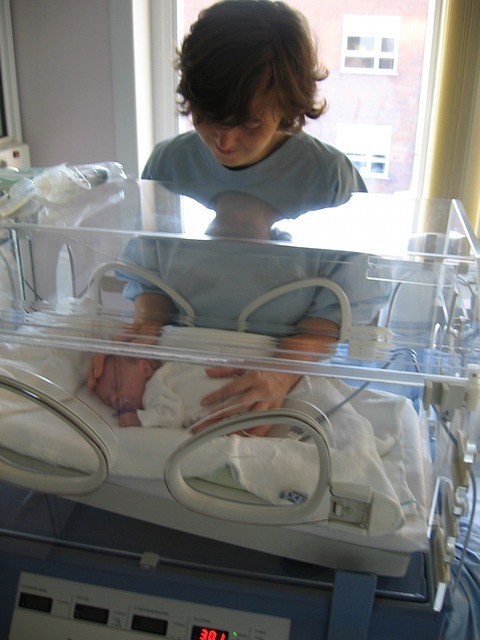Dangerous Early Deliveries All-time Low in U.S.

Dangerous early elective delivery rates have hit an all-time low over these last few years, with the national average now over 12 percent lower than it was four years ago.
At the Catalyst for Payment Reform's National Summit on Maternity Care on Monday, nonprofit healthcare quality advocate The Leapfrog Group announced that the national average of early elective deliveries has dropped from 17 percent of all births in 2010, to a mere 4.6 percent of all births for 2013. California, which had an early elective delivery rate already lower than the national average in 2010, received special accolades from The Leapfrog Group, who were pleased to announce that the state managed to lower their early elective delivery rate all the way down to 3 percent, the lowest rate in the U.S. ever recorded, according to the data.
This data was acquired through the Leapfrog Group's 2013 national hospital survey. Nearly 1,000 hospitals across the nation responded to the survey in all, providing key information about the environment and practices of the nation's leading medical facilities.
Early elective delivery -- unnecessary deliveries that happen before 39 weeks of pregnancy -- often occur when a mother starts to lose her patience with a pregnancy and demands an early delivery. According to Leapfrog, it also commonly occurs when waiting longer for a natural delivery could encroach upon a doctor's vacation or conference plans.
According to the American College of Obstetricians and Gynecologists, birthing a baby before 39 weeks can have some dangerous risks. A early-born child can have respiratory distress syndrome, temperature problems, feeding difficulties, and even sensorial and learning problems.
Thankfully, the survey data implies that a movement to prevent unnecessary early pregnancies has actually found some purchase and influence in the delivery room. The movement, launched by patient advocacy groups and the Centers for Medicare and Medicaid Services, used the shocking discovery of a 17 percent early elective delivery rate in 2010 to reccomend policies that can be taken to prevent early elective deliveries.
Since that time, many hospitals have adopted restrictive policies that demand thatdoctors provide an adequate medical reason for delivering a child before it is due. With a 12 percent drop in the national average of early elective deliveries, these polices seem to be doing their job.
The survey results were published by the Leapfrog Group on March 3.
Mar 03, 2014 05:11 PM EST





